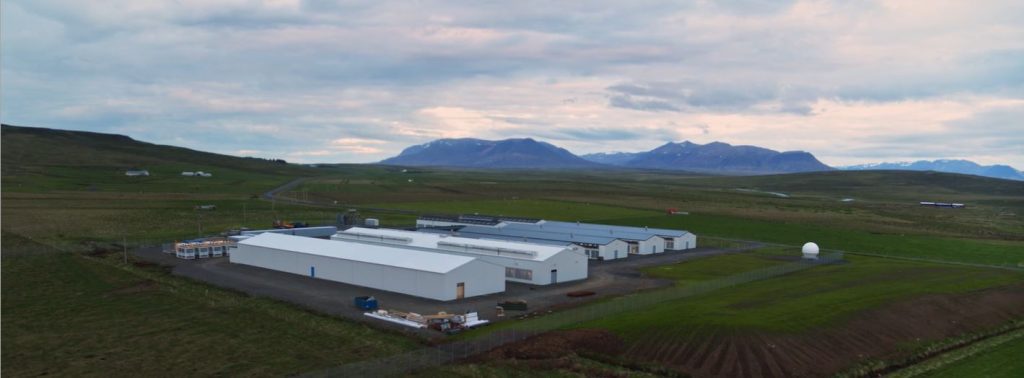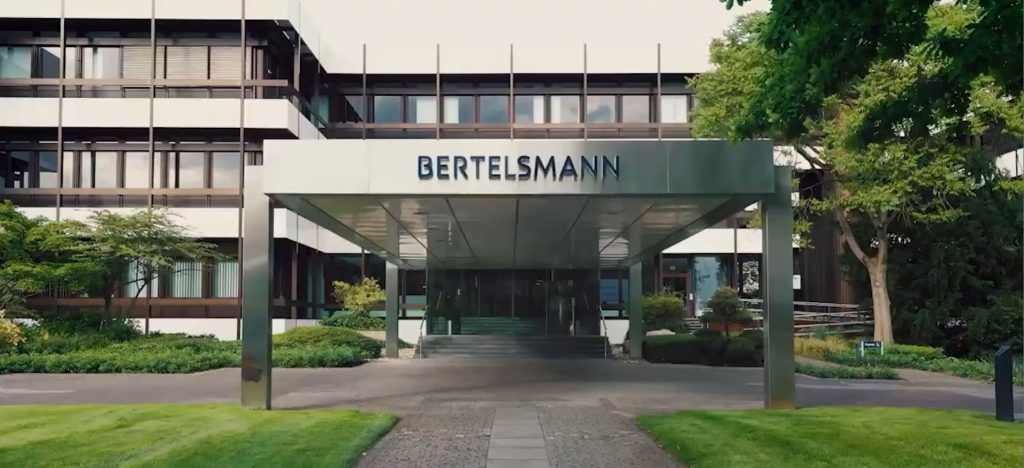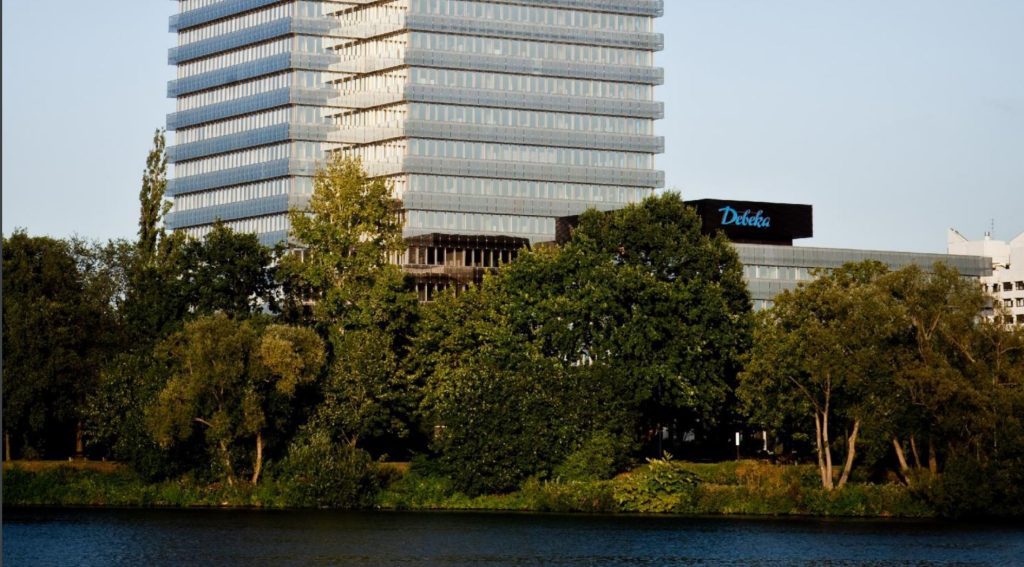Sustainability goals are at the heart of every organisation’s business targets, particularly as we move swiftly toward 2030 and the deadline for the EUs sustainability targets, including emission reduction and increasing renewable energy.
Understanding how individual businesses can contribute towards these lofty goals can be difficult, and very rarely can such targets be achieved in isolation. Partnerships are required to fully understand how and where companies can have an impact on their environmental footprint, and ultimately meet their own sustainability goals to the benefit of the greater good.
One example of such a partner company is Lenovo, whose solutions help customers at every level of their sustainability journey. A 360-degree approach to sustainability services includes everything from comprehensive analysis of a customer’s requirements to packaging, sustainability workshops and carbon offset services, to ethical and responsible asset recovery. Lenovo’s TruScale Everything-as-a-Service can also help, delivering a no-risk, no-surprise, pay-as-you-go model that can help to eliminate over-provisioning, optimise consumption, and mange carbon footprint of technology.
Shaking up the data centre industry
Responsible Compute, one of Lenovo’s customers, is looking to revolutionise the data centre industry. Data centre computing currently generates around 2% of the world’s greenhouse gas emissions, putting it on par with the airline industry. Ever-growing demand for computing by data-intensive, power-hungry applications is only accelerating this trend, and could easily propel carbon emissions far beyond the current levels if left unchecked.
By utilising Iceland’s plentiful hydro and geothermal energy sources to power its infrastructure, Responsible Compute offers cost-effective, carbon-neutral hosting that enables clients to run data-intensive workloads in a sustainable and responsible way. This is sustainable HPC (High Performance Computing) without compromise, and at Responsible Computing, it runs on Lenovo infrastructure.
“We saw that there was a growing problem with the way the HPC market operates. The tide of data, power consumption, and emissions only continues to rise, at a time of unprecedented energy crisis and environmental damage. With Responsible Compute, we aim to offer a better way to deliver on the demand for HPC, without detrimental environmental impact,” says Kristján Hafsteinsson Managing Director at Responsible Compute.
High-density Lenovo ThinkSystem servers sit at the heart of Responsible Compute’s sustainable HPC hosting infrastructure, specified to customer needs depending on their workloads. The flexibility of being able to specify according to customer needs enables Responsible Compute to pair the hardware supplied by Lenovo with software in an optimal way.
It all adds up to an extremely compelling value proposition: Responsible Compute’s customers can power world-class HPC while cutting their costs and carbon footprint, helping lead their businesses into a successful, sustainable future.
“We aim to provide a truly sustainable solution, one that allows our customers to reduce their carbon footprint, evaluate their emissions evolution, and take appropriate steps to further their journey towards carbon neutrality,” Hafsteinsson concludes.
Striving for more climate-friendly operations
Bertelsmann is a global media, services and education giant with 145,000 employees, and the company turned to Lenovo to help meet its ambitious environmental goal of hitting climate neutrality by 2030.
Having chosen Lenovo’s innovative CO2 Offset Service for all new ThinkCentre and ThinkPad devices, Bertelsmann also extended the service to its large installed base of Lenovo endpoints.
As a result of the partnership, Bertelsmann has already successfully offset around 38,000 metric tons of carbon emissions, with more to come. The company has also participated in a Lenovo Sustainability Solutions Workshop, and the two companies will continue to work on initiatives to further manage Bertelsmann’s carbon footprint.
“We see Lenovo as a trustworthy partner to accompany us on our journey to becoming climate neutral by 2030. It was definitely the right decision to work with Lenovo on this initiative,” concludes Dirk Kunz, Senior VP, Head of Group IT Sourcing at Bertelsmann.
Slashing environmental impact through ARS, Support Services and bulk packaging
Debeka Group is another company who benefitted from its choice of technology partner, not only when it comes to the technology itself, but also with regards to sustainability. The group is a leading financial services company in Germany and one of the top-five players in the insurance sector.
As part of its wider workplace modernisation strategy, Debeka aimed to reduce the weight of the equipment that staff carry around, while ensuring its people have everything they needed to facilitate productive conversations with customers and prospects. The company also wanted to reduce the need to print paperwork and contracts by expanding and simplifying its use of digital signatures.
This led to Debeka rolling out Lenovo ThinkPad X1 Yoga laptops across the business, working with Lenovo and partner Radiodata AG to equip its employees with lightweight, high quality and affordable devices.
With an eye on sustainability, Debeka worked closely with Lenovo and Radiodata to cut the environmental impact of its packaging by 87%. It did so by switching to a single cardboard box for eight devices, cutting down on the packaging materials needed. By delivering the laptops by train rather than airfreight, Lenovo helped the company reduce the CO2 emissions of the shipping process by 94%.
As part of the partnership, Debeka opted for Lenovo’s Accidental Damage Protection (ADP), helping to extend the usable life of devices through easy repairs and fixed costs. The proactive implementation of Lenovo’s Asset Recovery Services (ARS) further supports Debeka’s sustainability goals, providing an effective end of life IT strategy for devices that are no longer viable.
“Working with Lenovo and Radiodata, we enjoy 360-degree customer service throughout the entire laptop lifecycle, Marcel Wirth, Team Lead Lifecycle Management for Client Devices at Debeka explains. “On top of that, we are very proud that we have implemented a customised and very sustainable technology solution that reduces waste and helps to reduce our environmental impact.”
These are just three examples of how partnerships can make a big difference when it comes to meeting your sustainability targets. Companies like Lenovo can support your business whatever the industry, wherever you are on your sustainability journey, providing the track record, expertise and a broad portfolio of solutions that can drive the best possible sustainability outcomes. Not only will this help your business, it will help society at large as we head towards 2030.



